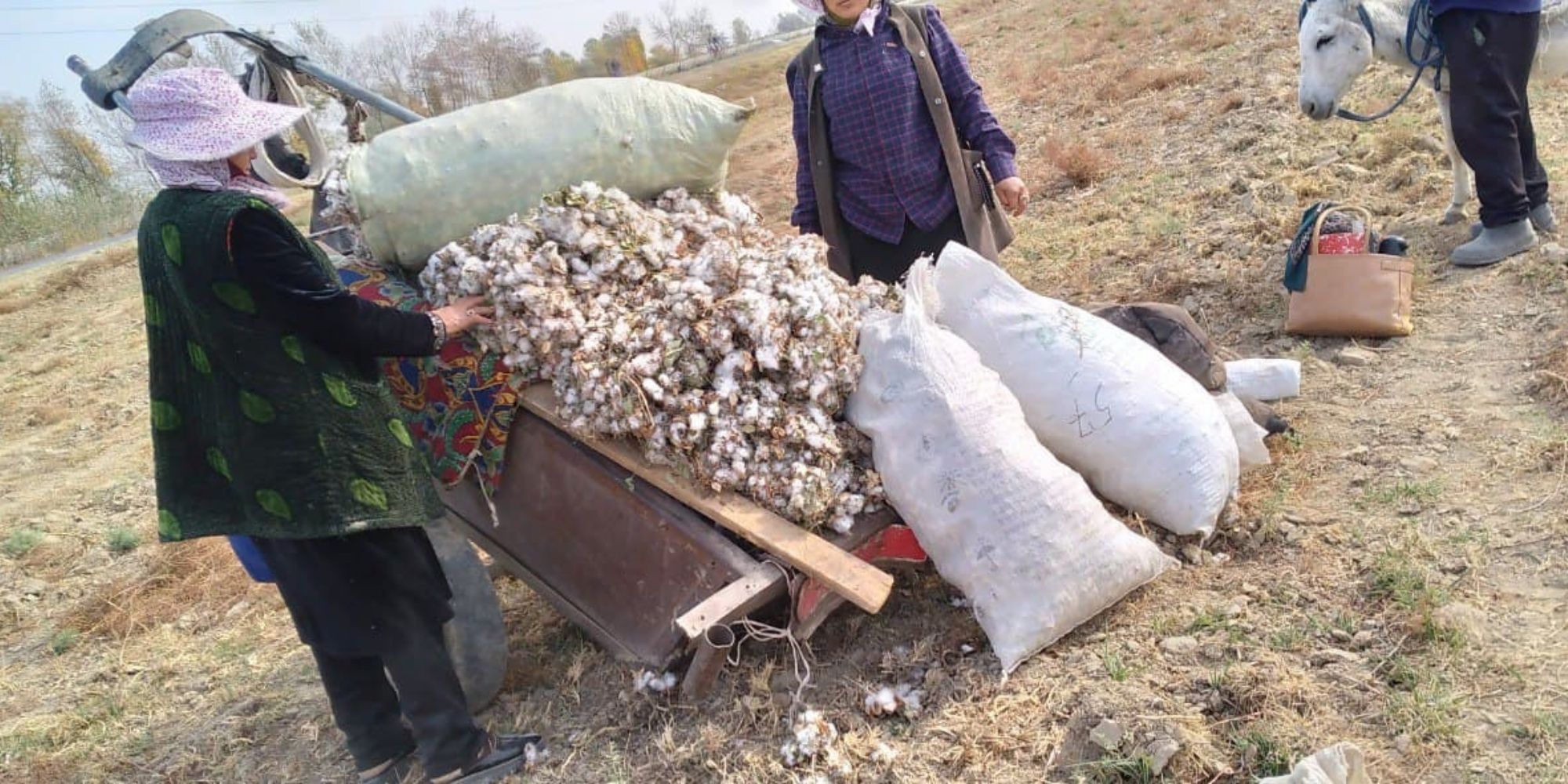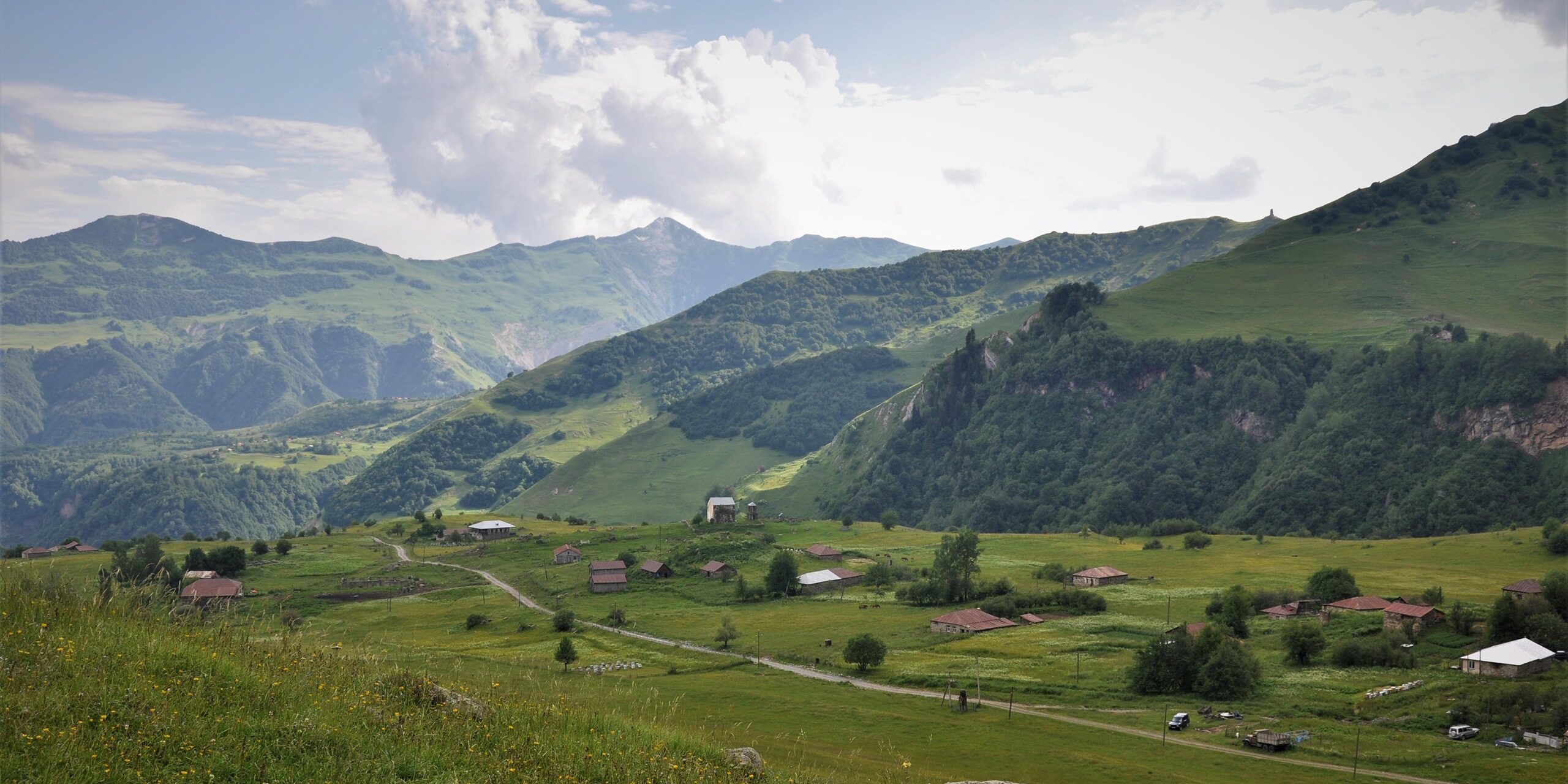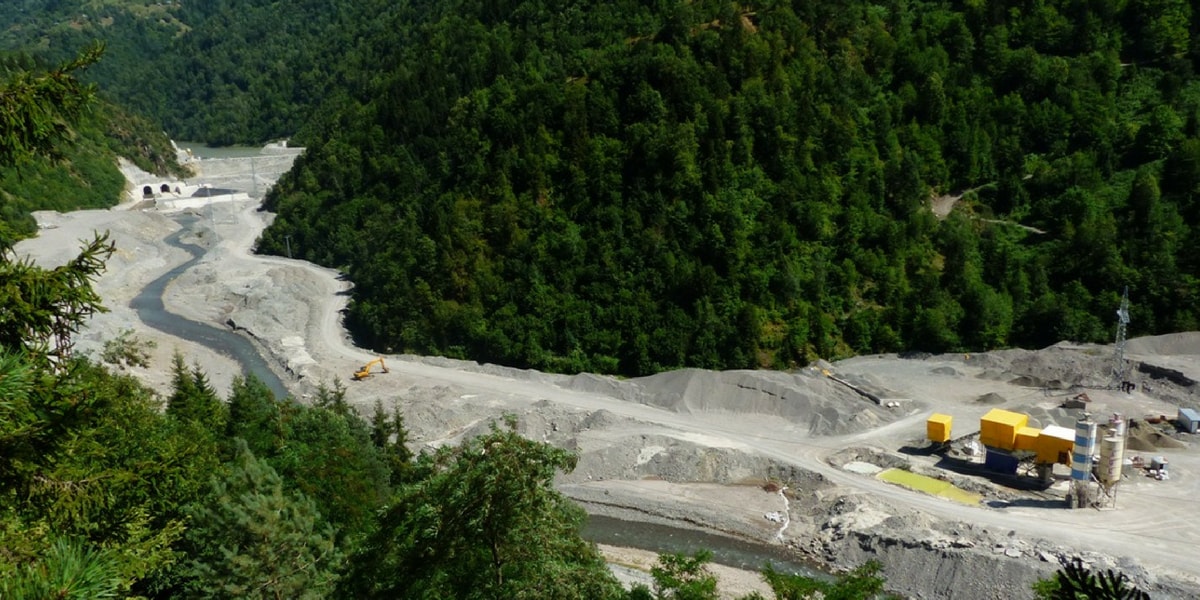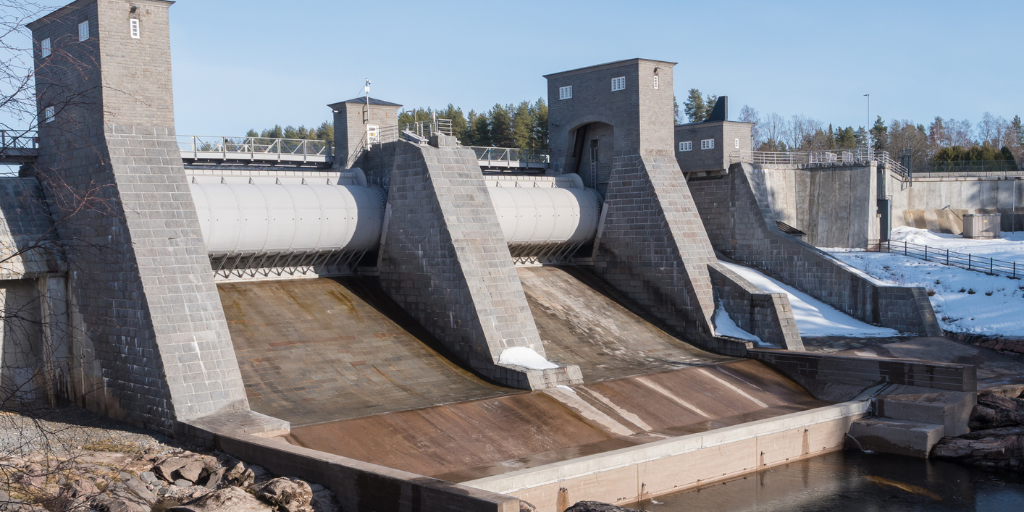Asian Development Bank (ADB)
The Asian Development Bank (ADB) was founded in 1966 with the goal of eradicating poverty in the region. The Asian Development Bank started its operations in western Asia (the Caucasus region) and Central Asia in the 2000s and soon became one of the region’s leading investors. The Bank provides both sovereign and private sector loans in various areas, such as energy, environmental infrastructure, transport, urban development and agriculture.
Its major investment programme is Central Asia Regional Economic Cooperation (CAREC), which finances roads, railways and energy infrastructure to bring together countries such as Afghanistan, Azerbaijan, the People’s Republic of China, Georgia, Kazakhstan, the Kyrgyz Republic, Mongolia, Pakistan, Tajikistan, Turkmenistan and Uzbekistan and to ensure economic growth within the region.
Stay informed
We believe that the billions of public money should work for people and the environment. Subscribe to our monthly newsletters to receive latest updates on the ADB and other public financial institutions.
The ADB’s claims that it is resilient and sustainable are unjustified until it respects human rights and protects the environment and the livelihoods of the people in its countries of operation.
LATEST UPDATE
Background
In 2018, the ADB invested more than USD 1.3 billion in the Southern Gas Corridor project, which was supposed to bring gas from Azerbaijan to Europe. But the billions in public investments will not only go towards a stranded asset, but will also boost Azerbaijan’s dictatorial regime and cause upheaval for communities the pipeline must cross in Turkey, Greece, Albania and Italy.
In 2021, the ADB, together with its counterpart multilateral development banks, committed to aligning its investments with the Paris Agreement, with a deadline for public sector projects to do so by 1 June 2023. However, although the Bank’s newly approved energy strategy (September 2021) does not support any natural gas exploration or drilling activities, it can still selectively support midstream and downstream natural gas projects.
The Bank’s public and private sector operations often negatively impact the region’s poorest and most vulnerable communities. The ADB is still not equipped or incentivised to effectively address social and environmental risks and the human rights implications of their operations. It lacks a rights-based safeguards policy that would ensure the protection of the human rights and the environment, engage meaningful public participation and remedy the risks of the project-affected communities.
ADB PROJECTS WE MONITOR

Indorama Agro: Uzbekistan’s infamous cotton producer
Despite being Uzbekistan’s largest cotton producer and receiving millions in development loans from the European Bank for Reconstruction and Development (EBRD), the Asian Development Bank (ADB) and the International Finance Corporation (IFC) – institutions that promote modernisation and corporate responsibility – Indorama Agro faces multiple complaints of worker mistreatment and retaliation.
Read more

The Khada Valley, Georgia
The Khada Valley in Georgia brings together exceptional biodiversity, precious cultural and archeological heritage, and mountainous villages which have preserved rich traditions and historical lifestyles. But all of this might vanish if a 23-kilometer road from Georgia to Russia – the Kvesheti-Kobi project – is built.
Read more

Shuakhevi hydropower plant, Georgia
Georgia’s biggest and one of the most controversial hydropower plants is mostly famous for its failures. Two months after becoming operational in 2017 its tunnels collapsed. And after two years of repairs water is leaking from the dam. Shuakhevi hydropower plant (HPP) once promised to bring energy independence to Georgia. Instead it managed to collect an impressive ‘portfolio’ of problems in a wide range of areas: from biodiversity, to gender impacts, to community relations.
Read more
LATEST UPDATES

Kambarata hydropower project: greater scrutiny from international banks is needed
Blog entry | 19 December, 2025Kyrgyzstan is promoting the massive 1,860 MW Kambarata-1 Hydropower Plant (HPP) as a solution to its ongoing energy crisis. The project, a joint effort with Uzbekistan and Kazakhstan on Naryn River, is actively seeking funding from international financial institutions like the World Bank, the European Bank for Reconstruction and Development (EBRD) and the European Investment Bank (EIB).
Read more

Civil society recommendations for ADB Accountability Mechanism Policy Review
Publication | 23 June, 2025In April 2025, 29 civil society organisations, including Bankwatch, submitted recommendations for the Asian Development Bank’s Accountability Mechanism Policy.
Read more

Central Asia: environmental groups and scientists call on international financial institutions to preserve key freshwater bodies and stop supporting destructive hydropower projects
Press release | 14 March, 2025The future of Central Asia’s key rivers and lakes is at risk, warn international environmental groups Rivers without Boundaries, International Rivers, Friends of the Earth US, Urgewald and CEE Bankwatch Network in a formal request sent today to the World Bank, European Bank for Reconstruction and Development (EBRD), European Investment Bank (EIB), Asian Development Bank (ADB), Eurasian Development Bank (EDB), Islamic Development Bank (ISDB) and Asian Infrastructure Investment Bank (AIIB).
Read more
